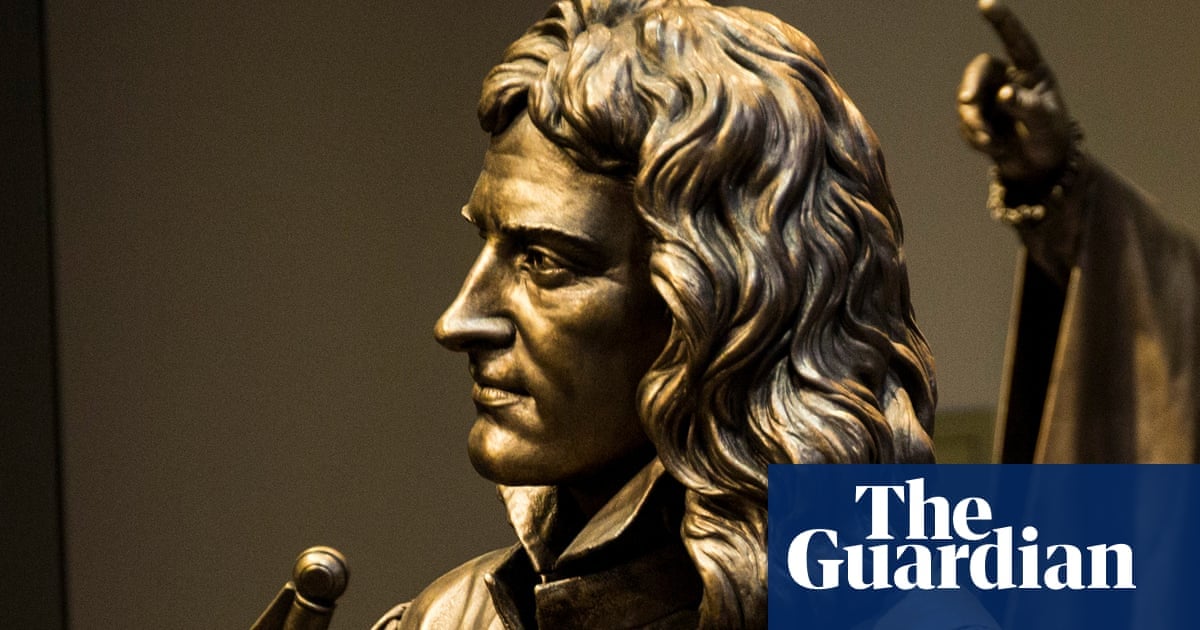Summary
A new book, Ricardo’s Dream by Nat Dyer, reveals that Sir Isaac Newton’s wealth was closely tied to the transatlantic slave trade during his tenure as master of the mint at the Bank of England.
Newton profited from gold mined by enslaved Africans in Brazil, much of which was converted into British currency under his oversight, earning him a fee for each coin minted.
While Newton’s scientific legacy remains untarnished, the book highlights his financial entanglement with slavery, a common thread among Britain’s banking and finance elites of the era.



I haven’t read the book - and probably won’t, since Dyer’s not a historian, has no relevant credentials listed on his website, and has never written a book before - but based on the article, it doesn’t sound like he’s saying anything new.
It does sound like it’s being weirdly misrepresented, because Dyer didn’t “reveal” anything and his wealth isn’t any more or less “intimately connected” than any other wealthy person’s at that time. It also sounds like it overstates his wealth. He primarily got his money from being Master of the Mint, which until Newton was a symbolic post intended to give him income in return for his major contributions to science, but in standard Newton fashion he ignored the implied social norm and took it seriously instead. That gave him a comfortable income to essentially have some nice things. We’re not talking billionaire wealth.
As for the connection to the slave trade - based on the title, I’d expect him to have owned the slaves, or led the expedition to enslave people in order to be “intimately connected.” For the time, this was about as connected as any landowner was to slavery. That’s not to say it was fine, just that this is expected for anybody of his station and is absolutely not new or surprising information.
But I guess I’m acting all surprised that the Guardian made a shit article, and that shouldn’t be news to either.